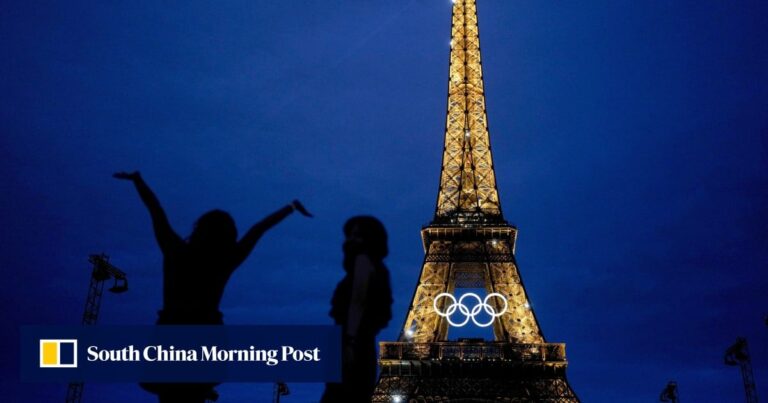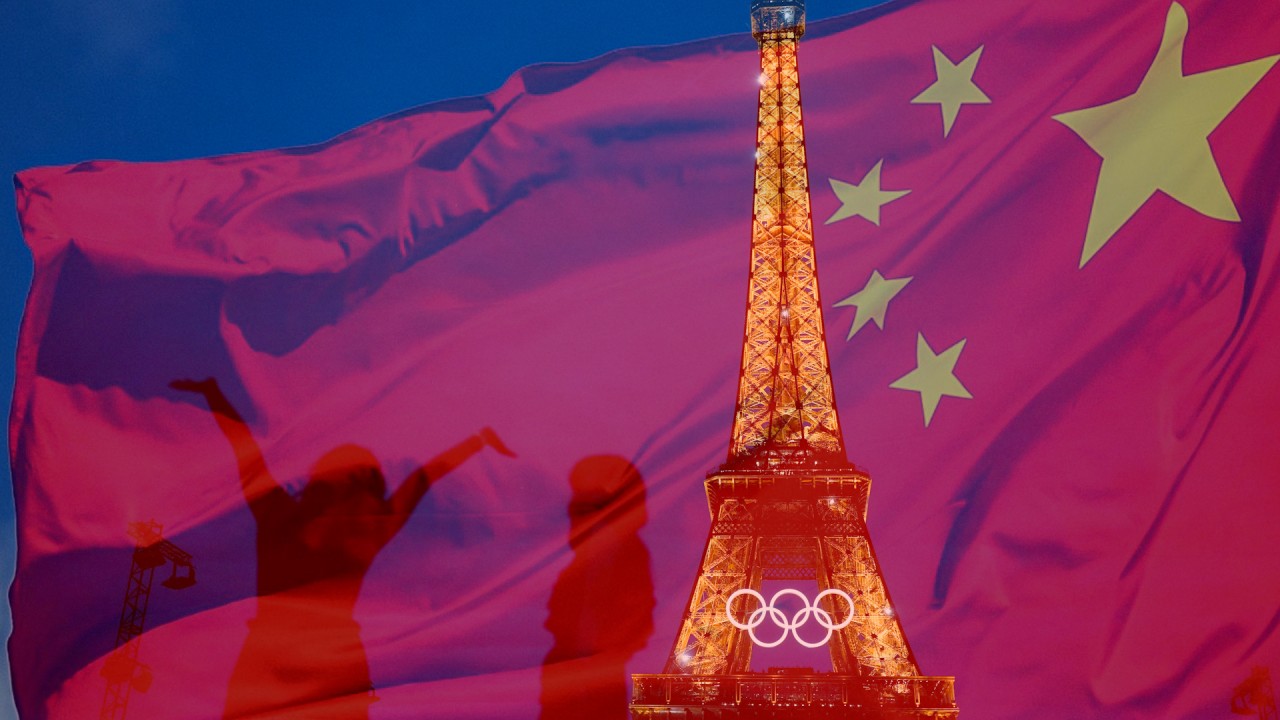Tencent Marketing Insights estimates that 62 percent of the world’s TV audience will tune in to the Olympics, and data collected since 2000 shows that a cumulative 2 billion people have watched the Olympics at some point during that time.
“Small brands [large] “Businesses with limited budgets or wanting to get more creative are cleverly generating buzz through pop-up stores,” said Zhang Yaling, founder of research and strategy consultancy Aperture China.
“They are using the content they produce in Paris to create something international. [status] To a domestic audience.”
The company expanded its international expansion last year with new stores opening in the United States, Britain, Australia and Canada, and unveiled Olympic-themed packaging, badges and tea bowls to coincide with the high-profile sporting event.
The company also set up an Olympic-viewing “tea room” on Rue Breguet in Paris’ 11th arrondissement, one of Europe’s most densely populated urban districts, with a large young population – a key demographic for marketers.
Chayi, a Chinese tea brand with 100 stores overseas, opened a tea bar in front of Saint-Lazare Station in Paris on July 22. According to the company, nearly 2,000 visitors from around the world came to the bar on the first day.
The company told Chinese media that it was Kuju, A traditional skills competition similar to the Olympic Games.
Chinese brands seek opportunities to establish themselves as the choice for global consumers
Meanwhile, Beijing-based Luckin Coffee has adopted a similar Olympic marketing approach to Hey Tea, releasing special paper cups featuring the Arc de Triomphe, the Eiffel Tower and the Louvre.
“This is due to a variety of factors, including Western brands being ahead of the curve, sometimes by 100 years, and trillions of dollars in spending,” he said.
“Chinese brands are therefore seeking the opportunity to establish themselves on an equal footing as viable, emotional and functional alternatives for global consumers and to have an equal impact on their brand image at home.”
Besides beverage companies, cosmetics retailer Maogeping has also entered the marketing field as the official beauty partner of the Chinese Olympic team, providing athletes with kits containing items such as powder, eye shadow and lipstick.
With that in mind, Latch said, “brand exposure can be effective in the long run” in building connections with consumers, especially at sporting events, because companies can capture “high-emotional” moments and cement their presence in the minds of audiences.
Joyce Lin, a university student in Guangzhou, said she and her classmates were looking forward to seeing what beauty products and training equipment Chinese athletes use, and she was interested in buying products displayed at the Olympics, especially those “that young people like.”
She said Chinese brands showcased in Paris during the Olympics would gain greater recognition in the minds of young domestic consumers and be seen as more international.


